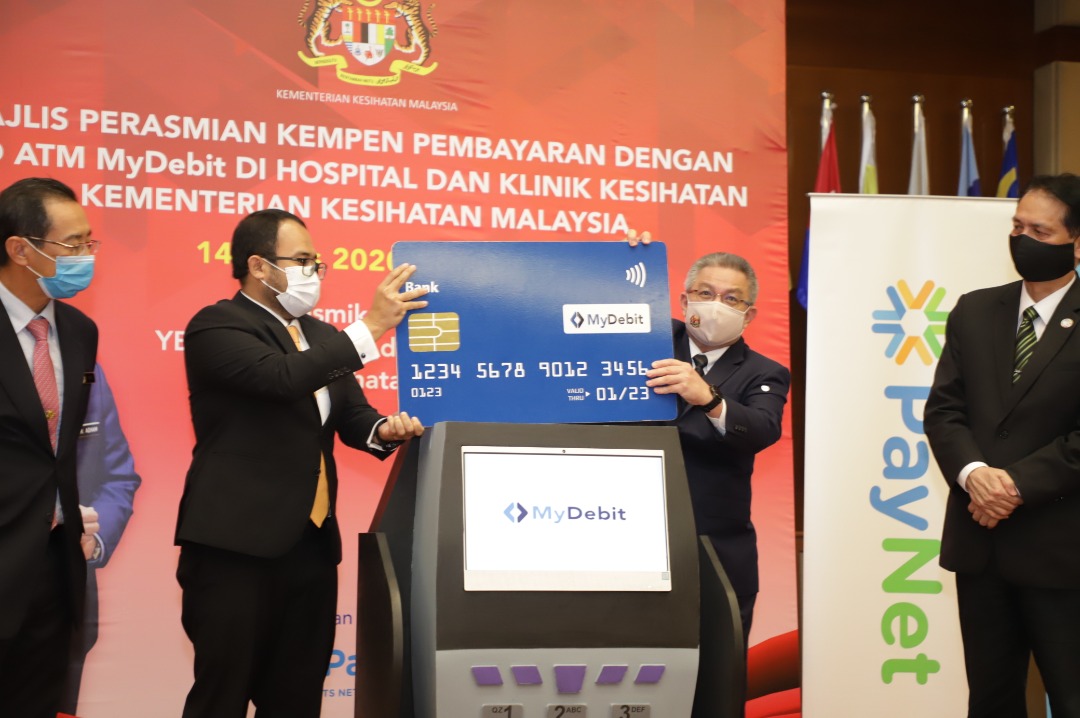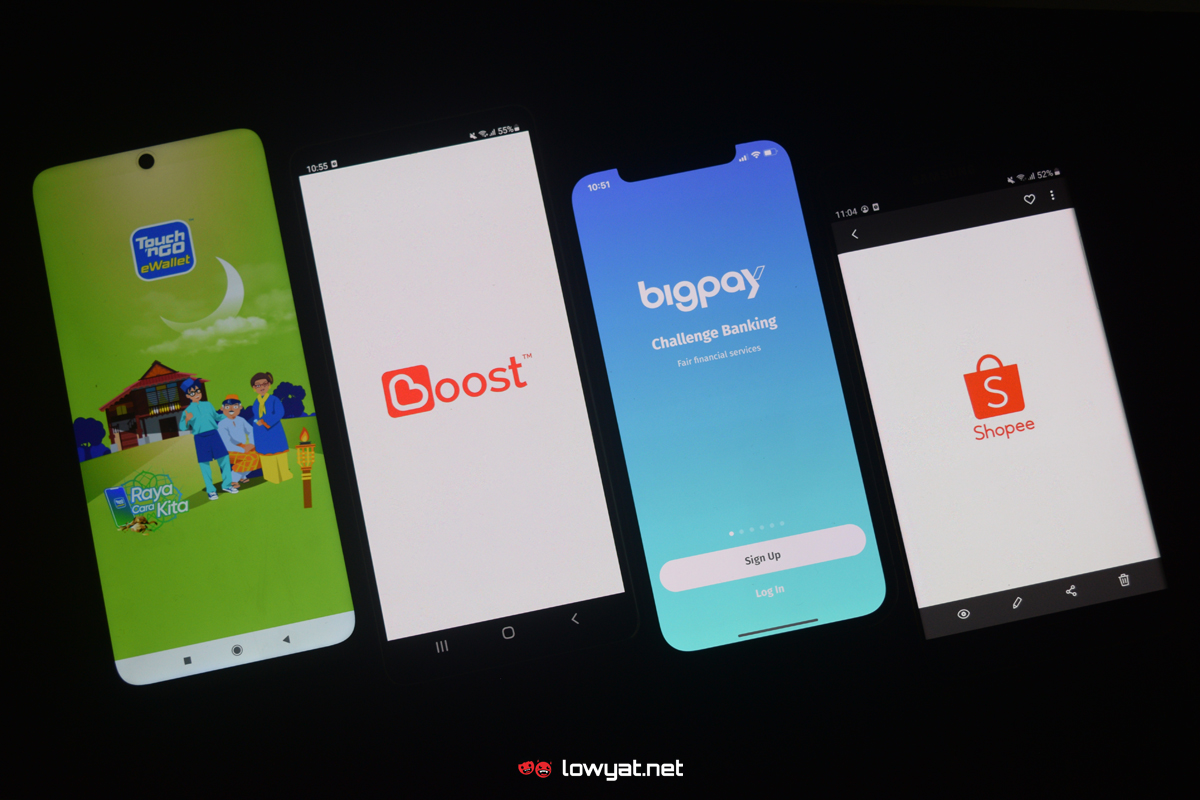Harjeet explained that debit cards, credit cards, and e-wallets will be accepted payment methods in all government health facilities. The ministry is directing all state health departments to ensure that by the end of the year, 95% of transactions in its government clinics and hospitals will be cashless. The reasons for the move include reducing the risk of leakages of public money, as well as improving efficiency at the payment counter. Additionally, it will also apparently reduce cost and minimise the risk of COVID-19 infections. Harjeet notes that cash payments would still be allowed, but only if the patient does not have any e-payment mode or bank account. Of course, the transition has been expected for a long time as the ministry already announced that it had plans to eventually go cashless since 2019, when it started to accept payments via Boost at some pilot locations. It also expanded the use of cashless payments back in 2020 to 139 hospitals, 144 health clinics, and four health institutes nationwide.
The move to go cashless is in the midst of being implemented throughout the entire public sector, with the Ministry of Finance (MoF) announcing last year that by 2022, all government services will be made on a cashless basis. Finance minister Tengku Zafrul Abdul Aziz revealed that by the end of 2020, only 60% of all government transactions were through cashless methods. The government’s transition away from cash has been quite apparent in recent months. Earlier this year, the Treasury announced that all government services will start accepting e-wallet payments both at the counter and through their respective online portals. At the start of this month, Puspakom also started exclusively using cashless transactions. (Source: NST)

